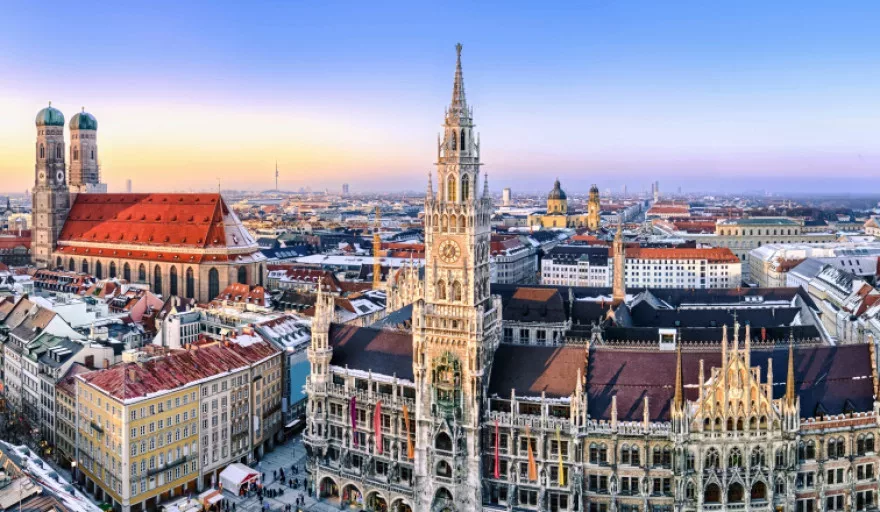By 2020, the EU hopes that 20 percent of energy will come from renewable sources such as wind, solar and biomass. In Munich, authorities have gone one step further, targeting a 100 percent clean electricity supply by 2025, which would make the city a world leader in sustainability.
“We forced our utilities company… to invest in renewable energy,” Hep Monatzeder, the former mayor of Munich, told CNBC’s Innovation Cities. “All the other big cities have to go this way, otherwise we will not protect the earth,” Monatzeder added.
Stadtwerke München, or SWM, the city-owned utility company, will need to produce 7.5 billion kilowatt hours of green electricity to meet the target. An admirable ambition, but is this achievable?
With a budget of roughly 9 billion euros, SWM has launched several new clean energy projects, including a hydro power plant on the river Isar, which produces enough electricity to supply 4,000 Munich homes a year. At Munich zoo, even elephant dung has been converted into sustainable fuel.
Despite investing in clean energy projects in and around the Munich area, these are not enough to meet the needs of the city, which is home to more than one million people.
In light of this, SWM has also been investing in clean energy projects all over Europe, including a solar heat plant in Andalusia, Spain and off shore wind farms in the North Sea. The clean electricity from these installations is fed back into the integrated European grid.
“If you save CO2 emissions in Munich or in Spain, it doesn’t matter, it is important that you… save them,” Florian Bieberbach, CEO of Stadtwerke München, told Innovation Cities.
“This is why this political aim does not mean technically to deliver the electricity in Munich, it just means Munich takes its share in combating climate change,” he added.
Nevertheless, some businesses in Munich are embracing clean electricity. At the Hofbräuhaus beer hall, which is over 400 years old, the switch to green has been seamless.
“We didn’t have to change any facilities, just change the contract,” Sabine Barthelmess said. “It’s easy to switch to green electricity… it’s good for our business, it’s good for our conscience and it’s also good for our image.”
For Bieberbach, more businesses and utility companies need to follow the Hofbräuhaus’s example. “If you stick to the old, traditional ways of producing electricity, your company probably will have no future,” he said.
SOURCE: http://www.cnbc.com/id/102033022


















